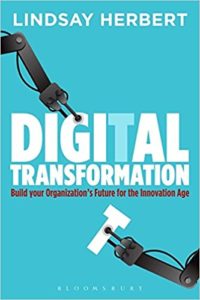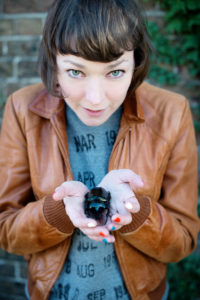Social media and content
The most successful organizations see the entire map of functional links to understand the context within which each decision is made. They don’t look elsewhere for answers, but find their own. This is a fundamental principle of strategy. Strategic success doesn’t just benefit from being different from others. It requires it. If you aren’t different in business, you’ll die.
The Content Trap by Bharat Anand
*****
For a while now it has been said that content is the oil of twenty-first century. Many are under the ( false) assumption that being visible on various social media platforms will make their businesses/initiatives flourish. Well it is not true. Many assume ( again false) that strategising and using digital tools is easily achieved whereas it is equally if not tougher than working in the real world. The Internet gives the false impression that because it is digital, work is invisibilised and there is little tangible result. The truth is the parallel world which exists in cyberspace is a complicated and intricate web of connections. Even after making allowances for the existence of bots and other automated tools on the web the fact is a legitimate user is easily profiled and they are rapidly perceived as influencers.
Recently published books by Bharat Anand’s The Content Trap , Venkat Venkatraman’s The Digital Matrix , Lindsay Herbert’s Digital Transformation and a slightly older but seminal theory, “Online Gravity“, proposed by Paul X. McCarthy ( 2015) in his book of the same name are powerful for the way in which they understand and lay bare the “rules” governing online digital strategies.
First and foremost fact that comes through in analysis of the digital space is that it is constantly evolving. Having said that the digital medium can be a powerful tool to use, to amplify one’s work/business, if done methodically and strategically. Blasting information out into cyberspace is ineffective. The idea is to remain original and fresh in one’s approach at making information available and by extension the business one is engaged in while retaining a distinct identity and being aware of the diffrentiation factor between you and your competititors. It is imperative to have a network of connections that inevitably help in disseminating information further. At the same time be clear that you know your business thoroughly, the economics that govern it and who is your target audience/customer. It is only then that the digital space will benefit you. All the while remembering that it is still a hybrid market which means there are fixed costs that need to be taken into account; so it would be wise to know your customer. Otherwise wading into cyberspace, offloading content about your work, assuming it will transform one’s business will be nothing short of a trap.
said that the digital medium can be a powerful tool to use, to amplify one’s work/business, if done methodically and strategically. Blasting information out into cyberspace is ineffective. The idea is to remain original and fresh in one’s approach at making information available and by extension the business one is engaged in while retaining a distinct identity and being aware of the diffrentiation factor between you and your competititors. It is imperative to have a network of connections that inevitably help in disseminating information further. At the same time be clear that you know your business thoroughly, the economics that govern it and who is your target audience/customer. It is only then that the digital space will benefit you. All the while remembering that it is still a hybrid market which means there are fixed costs that need to be taken into account; so it would be wise to know your customer. Otherwise wading into cyberspace, offloading content about your work, assuming it will transform one’s business will be nothing short of a trap.
Despite the existence of these conveniences, digital tools remain just that — tools! Unless you curate your content regularly; adopt new strategies, adapt them for your requirement and help transform your business; always remember that the real and digital worlds co-exist parallelly but also to a large degree mirror each other. The human brain discerns plenty even though we may not like to give it its due credit. So despite all its sophistication the digital world is an ecosystem where users exhibit a herd mentality by trusting influencers and amplifying the content by disseminating the information through their networks. The digital matrix mantra is : Product + service +platform + solution. The seven laws of online gravity reiterate this while stressing the significance of it being “naturally global”, applicable to “intangible goods” whilst embracing the “big winners” and analysing “data”.
The assumption that digital is disruptive happens while discussing examples such as collapse of Blockbuster by Netflix and its recommendation algorithms, the launch of Amazon’s Kindle and ebook pricing in USA, the success of musical streaming subscription service – Spotify and turnaround of the fortunes of print-media firm Schibsted,Oslo. The truth is the two parallel universes of reality and digital are not mutually exclusive instead are in a symbiotic relationship. Hence it is crucial to collaborate / develop partnerships / expand and strengthen networks digitally and in real life too as this helps in overcoming the proficiency gap that may occur in businesses which are trying to scale up or innovate.
Delighted in the success of my brilliant Campion School mate @bharat_n_anand
Prof of Biz Strat at @Harvard n author of #TheContentTrap
????? pic.twitter.com/Fqa5W4z6Kq— atul kasbekar (@atulkasbekar) February 14, 2017
These bunch of books are truly stupendous publications of 2017 and need to be read over and over again, shared and ideas discussed for begetting more innovations.
11 October 2017

